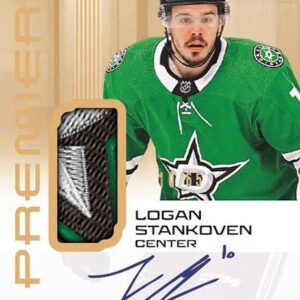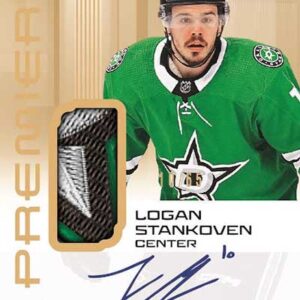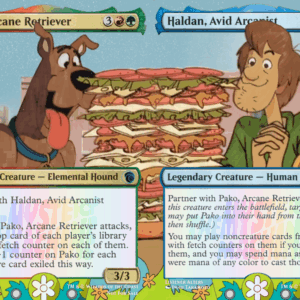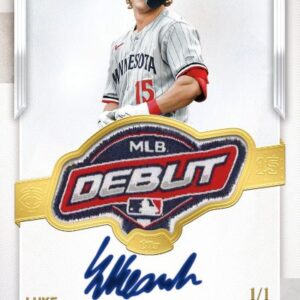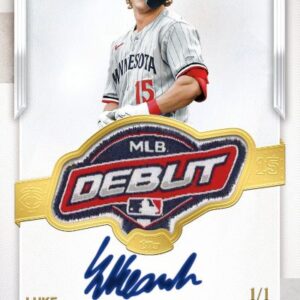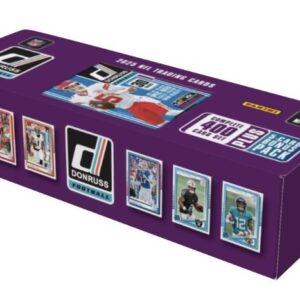In the whimsical world of non-sports collectibles, there’s a set of humorous stickers that once made a generation giggle—and has now made some serious cash. At a Heritage Auctions event, a coveted box of 1967 Wacky Packages shattered previous sales records, fetching an eye-watering $79,300. Wacky Packages, the brainchild of Topps, took a cheeky stab at parodying well-known grocery brands, and today their nostalgic charm is fetching more than just chuckles; it’s fetching big bucks.
Originally hitting the shelves in 1967, these stickers transformed mundane household brands into a series of satirical collectibles that left kids—and quite a few adults—howling with laughter. Imagine this: a Ritz Cracker box turned into a “Ratz Cracker” box, complete with mouse-related mockery. At the helm of this playful mischief was none other than Art Spiegelman, who would later be famous for his Pulitzer Prize-winning graphic novel, Maus. His early concoctions of comedic caricatures paved a colorful path for both his career and the Wacky Packages’ infamy.
These creative punch-out cards weren’t just something to collect; they made their way onto lunchboxes, notebooks, and any other flat surface kids could find. Of course, when you poke fun at big brands, some feathers are bound to be ruffled. Companies like Ritz, Jolly Green Giant, Morton Salt, and 7-Up weren’t entirely thrilled with being lampooned and took legal action hoping to put a lid on the laughter. But Topps, ever the sly fox, simply shuffled the deck by swapping out about a dozen of their original 44 cards, ultimately expanding their satirical selection to 56 cards.
Once the courtroom kerfuffle quieted down, Topps wasn’t deterred. Instead, they doubled down on the humor by introducing “Wacky Ads” in 1969 and making a comeback in 1973 with peel-and-stick stickers that rivaled baseball cards for playground supremacy. While sports cards had running backs and pitchers, Wacky Packages ran circles around regular brands with their razor-sharp wit and artistry.
Despite taking a breather between 1992 and 2004, these hilariously exaggerated stickers returned to the collector’s scene, enjoying several revivals and reclaiming their role as harbingers of nostalgia. For collectors, these parodic pleasures represent more than just paper and ink; they’re tangible pieces of pop culture history, carrying with them the essence of an irreverent past where a little adhesive and imagination could whisk you away to a world of wacky wonders.
This latest record-breaking auction has underscored an undeniable truth within the collectibles market: vintage non-sports memorabilia—especially unopened boxes that have avoided the ravages of time—are steadily climbing in value. These cherished remnants of yesteryears have a way of captivating both seasoned collectors and new fans who yearn for the days when humor came with a side of stickiness. As another box gets cracked and its contents eventually claimed by eager enthusiasts, the demand for what was once just a dollar’s delight shows no signs of slowing down.
In a world increasingly driven by streamable content and digital experiences, it’s heartening to see a tactile commodity—like a sticker set that once stood the test of time and taste—rise again, much like a phoenix from the ashes, dipping its toe and quite possibly the rest of its colorful ensemble into the limelight. While its narrative began as an amusing tale of derision and mimicry, today the story of Wacky Packages is one of legendary status, sprinkled with nostalgia, layered with history, and priced for the most passionate of collectors’ hearts.
As the gavel slaps its closing gesture and the auction-exhilarated echoes begin to fade, one truth remains abundantly clear. Wacky Packages, with their whimsical parody and paneled punch, have earned their rightful place in the pantheon of collectibles. In their mockery and madcap mayhem, they’ve managed to ensconce themselves as tiny, sticky chronicles of an era—seared forever in the memory of nostalgic minds, and now sealed within auction records. This unlikely champion of childhood relics stands as a testament to humor that transcends time, calling us back to a simpler era where the punchline, thankfully, never went stale.

